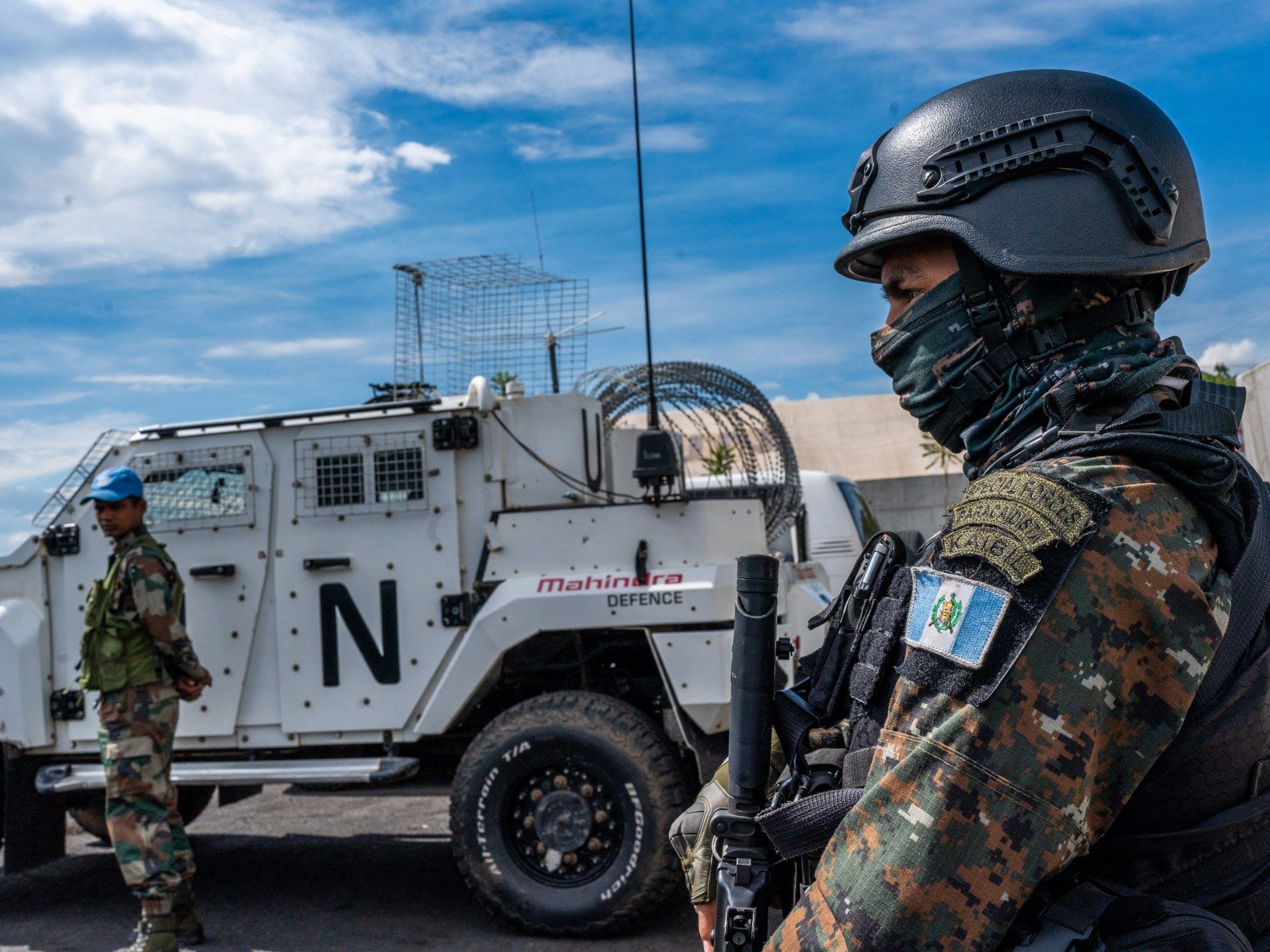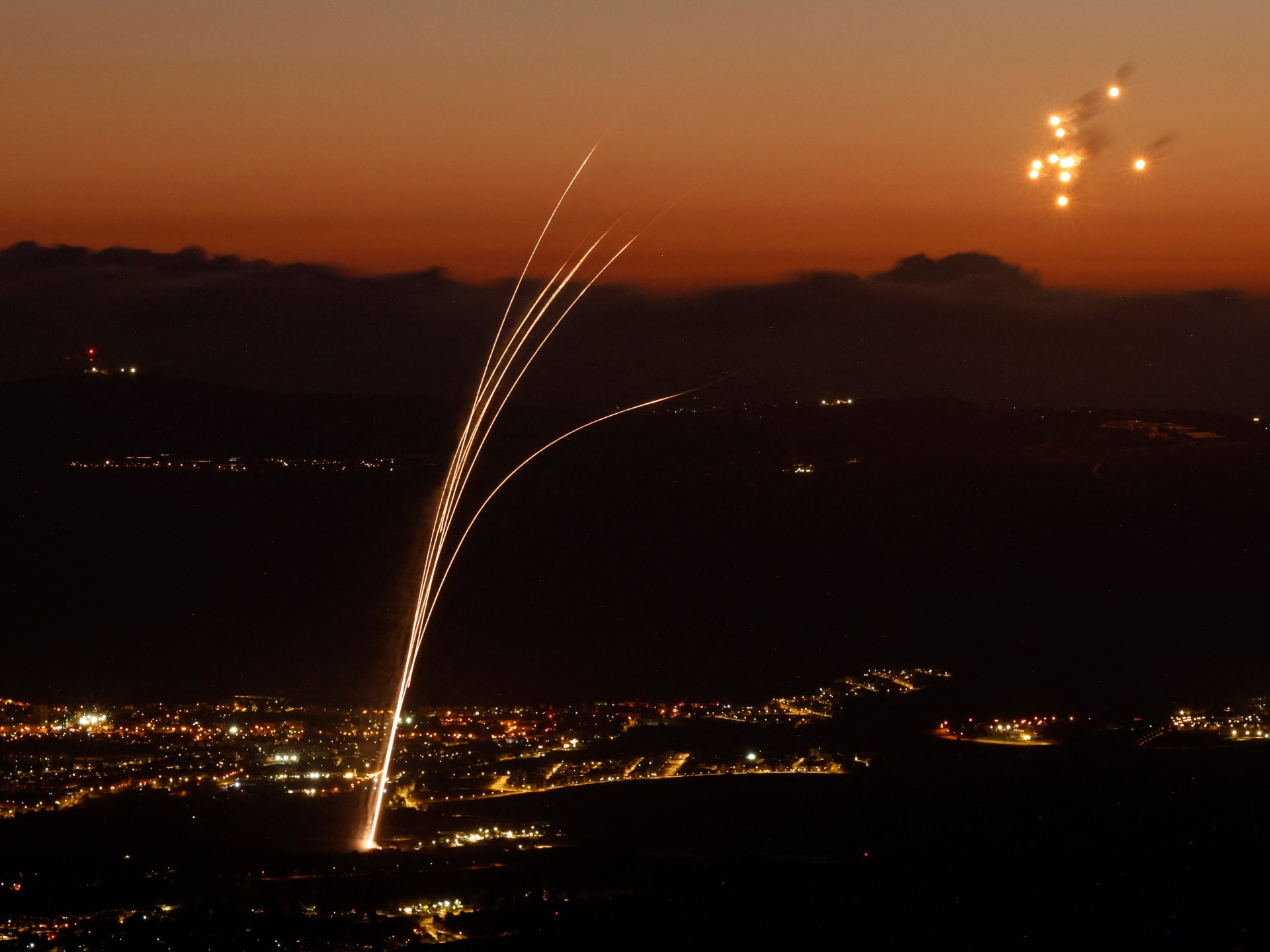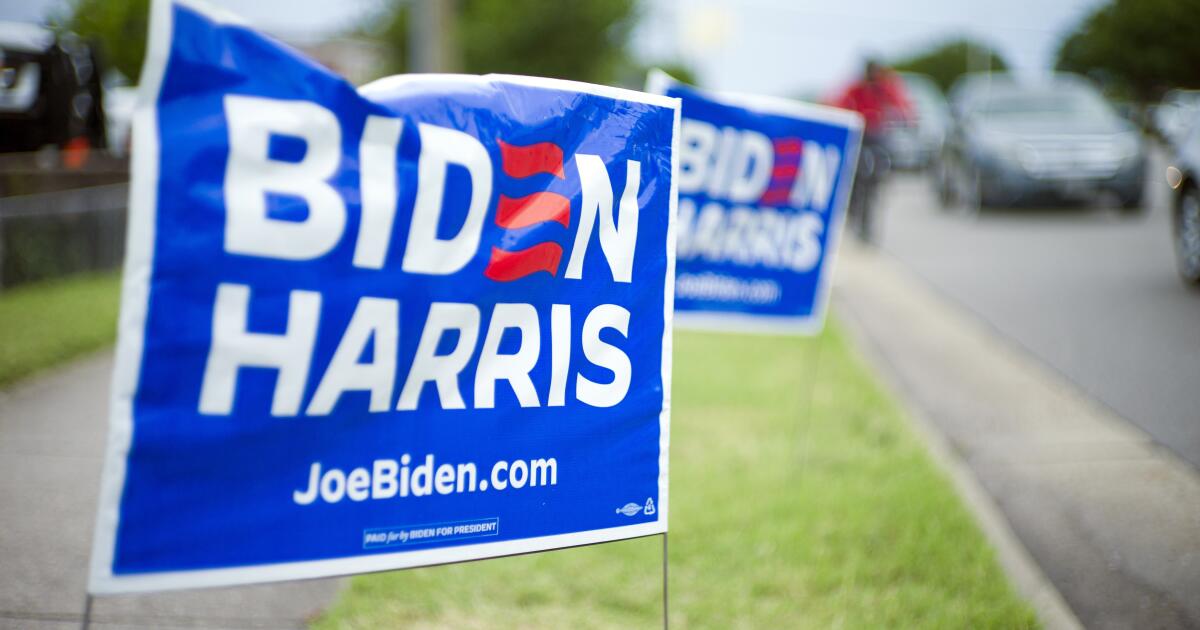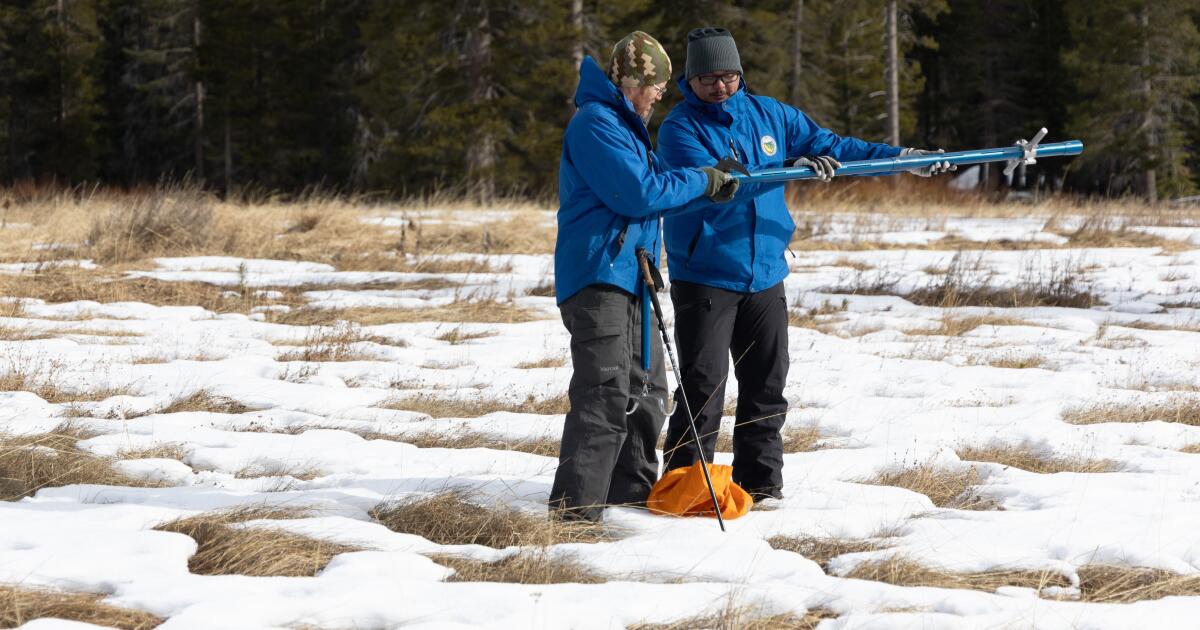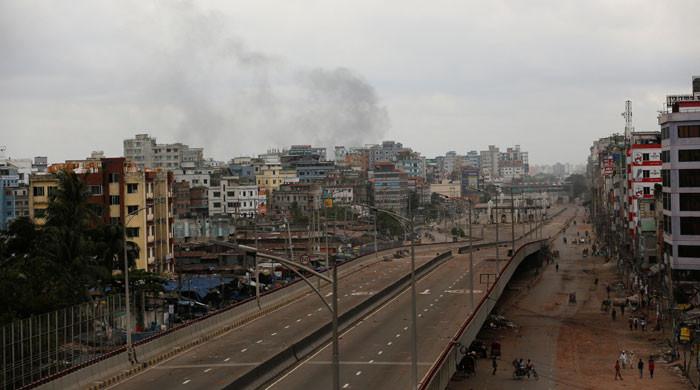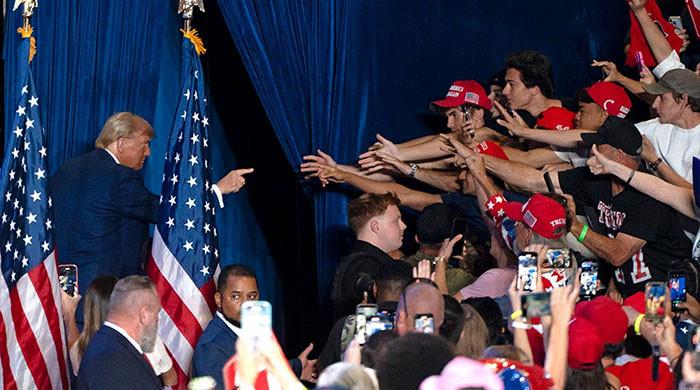In the first phase of the withdrawal, some 2,000 UN troops will leave the restive eastern areas by the end of April.
The United Nations peacekeeping mission in the Democratic Republic of the Congo, which has helped fight rebels for more than two decades, will completely withdraw from the country in December.
“After 25 years of presence, MONUSCO will definitively leave the Democratic Republic of the Congo no later than the end of 2024,” Bintou Keita, head of the mission known as MONUSCO, said at a press conference in the Congolese capital on Saturday. Kinshasa.
The announcement comes after the Congolese government – which was just re-elected in a controversial vote – called for the UN mission to leave the country, claiming it had failed to protect civilians from armed groups.
Numerous armed groups, including the Allied Democratic Forces (ADF) and M23, are active in restive areas in the east, such as the provinces of North Kivu, South Kivu and Ituri, where civilians face violence and displacement.
The withdrawal will be carried out in three phases.
In the first phase, some 2,000 U.N. troops will leave South Kivu at the end of April, raising the current MONUSCO force from 13,500 to 11,500, Keita said.
Congolese security forces will take control of fourteen UN bases in the province, he explained.
After that, forces in North Kivu and Ituri will also leave.
It's not the 'end of the fight'
Congolese Foreign Minister Christophe Lutundula confirmed at a press conference in Kinshasa that the remaining UN forces are expected to be out of the country by December 31.
“The withdrawal of MONUSCO does not necessarily mean the end of the fight we are undertaking to protect the territorial interests of our country; we must continue fighting,” Lutundula said.
MONUSCO took over from a previous UN operation in 2010 to help quell insecurity in the east of the Central African country, where armed groups fight over territory and resources. But in recent years their presence has become increasingly unpopular.
In December, the UN Security Council voted unanimously to phase out its peacekeeping operations.
Keita said Saturday that the end of the mission will not be “the end of the United Nations” in the country.
The Congolese government has also ordered an East African regional force, deployed last year to help end the fighting, to leave the country for reasons similar to those of the U.N. peacekeeping mission.
More than seven million people have been displaced due to conflicts in the Democratic Republic of the Congo, mainly in the three eastern provinces where countless armed groups continue to operate.

